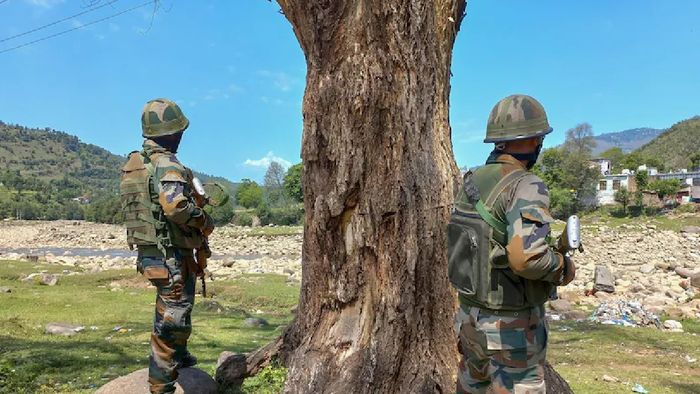AFSPA extended in parts of Nagaland and Arunachal Pradesh for six more months
In a significant move following a review of the law and order situation, the Armed Forces (Special Powers) Act (AFSPA) has been extended for another six months in several regions of Nagaland and Arunachal Pradesh.

- Sep 26, 2024,
- Updated Sep 26, 2024, 11:29 AM IST
In a significant move following a review of the law and order situation, the Armed Forces (Special Powers) Act (AFSPA) has been extended for another six months in several regions of Nagaland and Arunachal Pradesh. The extension applies to eight districts in Nagaland, three districts in Arunachal Pradesh, and specific areas falling under designated police jurisdictions. This act empowers the armed forces to operate with extensive authority in these ‘disturbed areas,’ deemed necessary for maintaining public order.
The Union Home Ministry issued the notification under Section 3 of the AFSPA, 1958, stating that the central government, after reviewing the security landscape, has re-declared these regions as ‘disturbed’ to facilitate the operations of the armed forces. The districts and areas in question include eight in Nagaland: Dimapur, Niuland, Chumoukedima, Mon, Kiphire, Noklak, Phek, and Peren. Additionally, 21 police stations spread across five other districts in Nagaland have also been brought under this notification.
Also read: Assam: School authorities including principal transferred after student's death in Sipajhar
Further detailing the notification, specific police station areas within Kohima, Mokokchung, Longleng, Wokha, and Zunheboto districts have also been marked as ‘disturbed.’ This includes Kohima District's Khuzama, Kohima North, Kohima South, Zubza, and Kezocha police stations, along with others in neighboring districts.
In Arunachal Pradesh, AFSPA remains in force for the Tirap, Changlang, and Longding districts, as well as the areas under Namsai, Mahadevpur, and Chowkham police stations in Namsai District, bordering Assam. These areas have been notified as ‘disturbed’ for six more months, effective from October 1, 2024, unless revoked earlier.
The AFSPA grants sweeping powers to armed forces, including the authority to search, arrest, and use force, even to the extent of opening fire, should it be deemed necessary to maintain public order. The extension of AFSPA reflects ongoing concerns over security and the need for continued military presence in these northeastern regions.
This decision underscores the central government’s commitment to ensuring stability in these areas, despite criticisms over the act's impact on civil liberties. The situation will remain under further review as developments unfold.